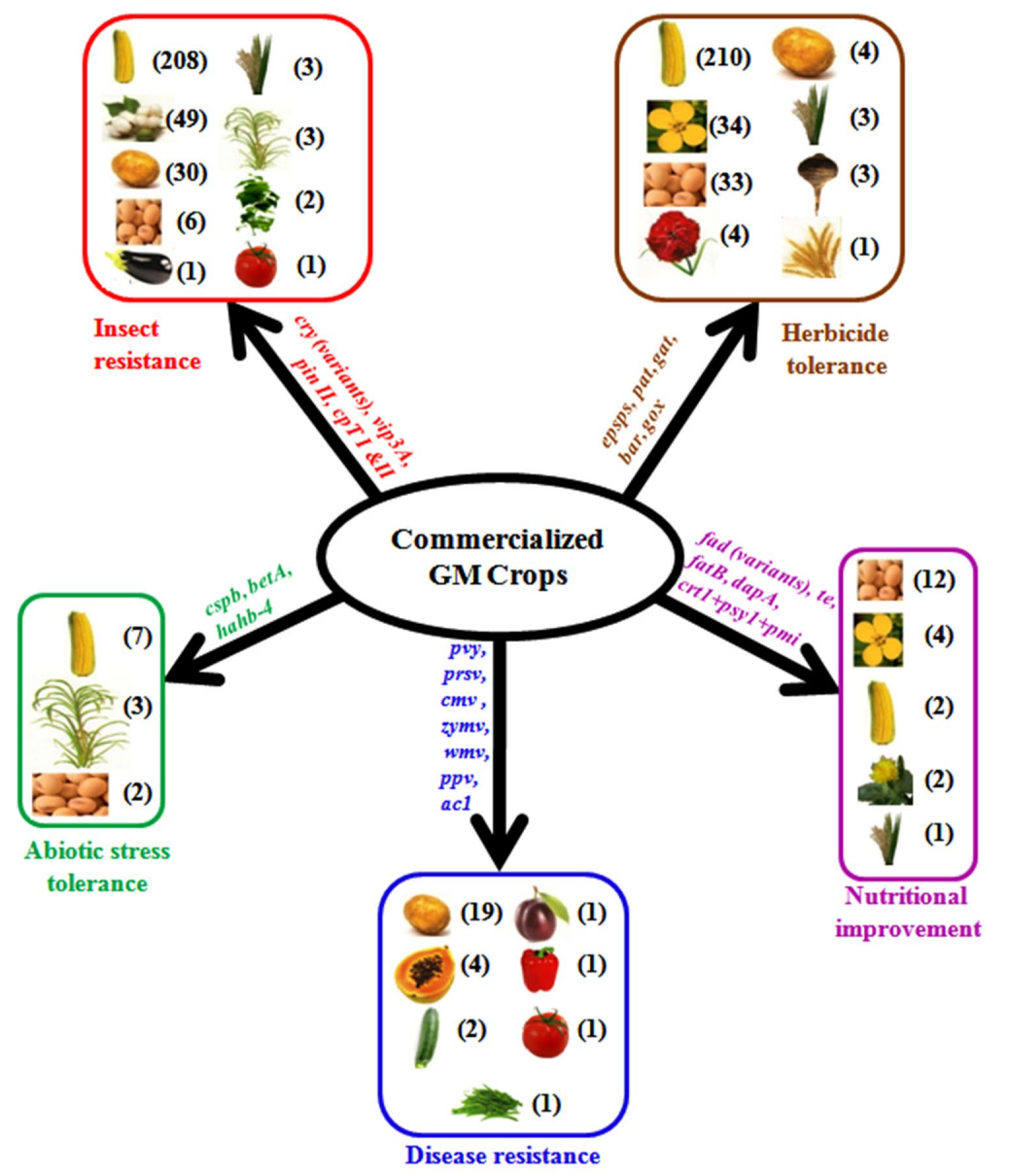Genetically Modified Crops Metabolome Analysis Service
Genetically modified (GM) crops are plants that have had specific genes introduced into their genome using genetic engineering techniques. These modifications confer traits such as pest resistance, herbicide tolerance, increased yield, or enhanced nutritional value. Such genetic alterations can lead to changes in the plant's metabolic networks, affecting physiological functions and nutritional content. Research indicates that the metabolic profiles of GM crops can differ significantly from their conventional counterparts, involving various metabolic pathways such as carbohydrate metabolism, lipid metabolism, amino acid metabolism, and secondary metabolite synthesis.
Metabolomics, a crucial branch of systems biology, allows for a comprehensive analysis of small-molecule metabolites within an organism, revealing the impact of genetic modifications on metabolic networks. Metabolomics analysis enables the assessment of the biosafety, environmental impact, and nutritional value of GM crops, as well as the identification of potential metabolic abnormalities or toxic reactions. Therefore, precise metabolomic analysis of GM crops is essential for understanding the biological effects of genetic modifications, ensuring application safety, and optimizing the breeding and management of GM crops.

Kumar, K. et al. Planta. 2020.
Figure 1. Variety of Genetically Modified Crops
MtoZ Biolabs offers Genetically Modified Crops Metabolome Analysis Service using high performance liquid chromatography-mass spectrometry (HPLC-MS). This advanced method combines the separation capabilities of HPLC with the detection power of MS, ensuring high sensitivity and specificity in GM crops detection.
Analysis Workflow

Service Advantages
1. High Sensitivity and Precision
HPLC-MS/MS technology offers highly sensitive and accurate measurements, capable of detecting low-abundance metabolites.
2. Rapid and Efficient
Optimized sample preparation and fast analysis ensure efficient sample handling and quick results.
3. Broad Applicability
Suitable for various plant samples, including leaves, roots, stems, and fruits.
4. Accurate and Reliable Data
Ensures high reproducibility and low error rates, supporting scientific research and applications with reliable and specific results.
Sample Submission Requirements
Make sure the sample volume is greater than 0.2 g or 0.2 mL. For detailed sample submission information, please contact our customer service.
Applications
1. Biosafety Assessment: Evaluate the potential impact of GM crops on ecosystems and human health.
2. Nutritional Value Analysis: Compare the nutritional content of GM crops with non-GM crops.
3. Environmental Impact Study: Investigate the metabolic impact of GM crops on soil, surrounding plants, and microbial communities.
4. Agricultural Production Optimization: Optimize the cultivation and management of GM crops through metabolomics analysis.
5. Basic Biological Research: Study the effects of genetic modifications on plant metabolic pathways.
Deliverables
1. Experimental Procedures
2. Relevant Liquid Chromatography and Mass Spectrometry Parameters
3. Detailed Information on Metabolites
4. Raw Data
5. Custom Analysis Report
How to order?







